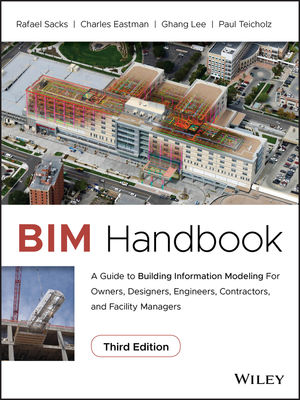However, a facility owner, especially one not tied to public procurement restrictions, may choose to use the proposal process as a means of researching the different options available to him.
If that is the case, it is important that the owner be candid about this intent with the firms who receive the RFP. Under this scenario, the owner does not need to do extensive research and scope decisionmaking prior to issuing the RFP. The RFP would be geared towards defining the type of information the owner wants to know about each proposer and the proposer's approach to commissioning. This could include asking for a menu of options and associated pricing from which the owner can select and design her own best value commissioning process for the project at hand.
Selling The Approach
The candidate firms will approach this type of RFP differently and with a mindset of not just submitting a fee, but of educating and selling the owner on the advantages of their particular approach to commissioning. It is imperative, in my opinion, that the owner plan for in-depth interviews with each of the respondents in order to give the commissioning firms an opportunity to present and answer questions about their proposed process. This presentation/interview with each proposer should be at least two hours long.
On the topic of interviews and presentations being part of the selection process, regardless of whether the selection is cost-driven or not, I believe that an owner who does not plan for face-to-face meetings with the proposers, or a short list thereof, is not showing a commitment to the commissioning process that is so critical to its success. As I've noted before, if the facility owner is not solidly behind commissioning and supportive of the new processes and procedures introduced by their commissioning provider, the rest of the project team will not believe it is necessary to participate seriously.
Is It A Right Fit?
The commissioning provider is an owner's technical representative to the project, and it is important that the owner feel comfortable with the team he is selecting to provide that representation. That all-important "chemistry" between the owner and his consultants needs to be a part of the commissioning provider selection. Interviews are required in order to understand how people present themselves, to explore their approaches to conflict resolution, and to judge comfort and support for the owner's philosophies. A perfect technical resume will be useless to a facility owner if the commissioning provider does not deal with people and meld into the project team in a manner acceptable to the owner.Another important benefit of commissioning a project is the opportunity to involve the future system operators in the process as early as possible. This has proven invaluable to the key commissioning objective of achieving a smooth transition from construction to operation at the end of the project.
A dialogue on this topic between the owner and the proposing commissioning provider firms is important for both parties to understand how the O&M staff may or may not be involved in the process. This should be a key point of discussion for the interviews, because it is virtually impossible to communicate in a written RFP the owner's O&M organization, skill sets, and willingness to participate, and then for the candidate firms to recommend, in a vacuum, the best approach to O&M integration for a particular client and project. An open give-and-take on the topic will help the owner understand the proposer's commitment to this process, understanding of O&M priorities, and experience with different arrangements on previous projects.
On the other hand, each proposer will be better able to define a specific project approach and identify a fee to support it. This is critical to the owner, because there may be substantial commissioning fee savings associated with a strong O&M participation in the process - especially in large, long-term projects.
In summary, there are elements of the consultant selection process that are universal to most types of services, (e.g., technical qualifications, similar experience, commitment, proximity, price, etc.). Commissioning is unique, because "commissioning" is not well defined in the design and construction industry yet. It cannot be treated as a commodity that everyone understands, so special care needs to be taken in soliciting and selecting commissioning provider firms. ES




